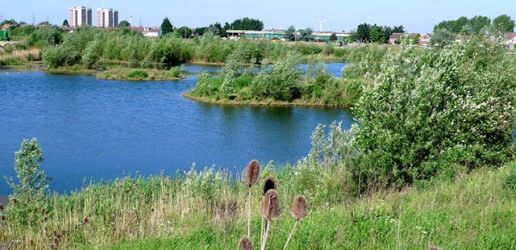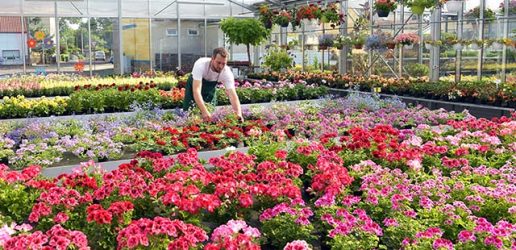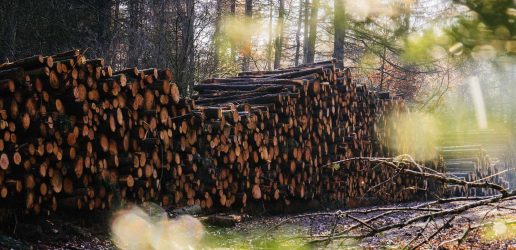Newly published research explains a robust and tested measure to identify the social and cultural values people have for trees and woodland in England.
The approach has been developed to support local authorities, charities and other organisations making decisions about how to manage trees.
Developed by Forest Research and colleagues at University of York and at FERA, the method uses a composite measure to capture the social and cultural values of trees and woodlands. The measure includes a breadth and diversity of values relating to health and wellbeing, spiritual, aesthetic, historical, learning and social connections with trees.
While research has previously revealed details about the social and cultural values associated with trees and woodland, this measure enables them to be assessed numerically. It is anticipated organisations will use the measure to identify the social and cultural values for trees held in their local communities and monitor how they change over time, for example as more trees are planted. The measure is already being used by some local authorities to support the development of tree and woodland strategies.
In creating the approach, a set of nineteen statements identified and developed from previous research and reflecting the diversity of social and cultural values associated with trees were tested and used to form the measure. The measure was then used to gather data via a survey of 5,000 people in England representative of the population by age, gender and region.
The research found people highly value trees both locally and nationally for many different reasons. These reasons are often based on the relationships they have with them from visiting woods or enjoying nearby trees. As well as measuring existing values for trees and woodlands, the survey also explored how these values might be impacted by a tree pest or disease that meant for example, a woodland might be closed or trees needed to be felled on a large or small scale.
The research team are now working with the Tree Council to develop guidance that will form a module in the Tree and Woodland Strategy Toolkit to guide local authorities on how to use the data gathered through the research or how they can use the measure to collect their own data.
Find out more about this research.
A paper on this research ‘Exploring the social and cultural values of trees and woodlands in England: A new composite measure’ has been published in People and Nature journal.
This research was funded by Defra Future Proofing Plant Health Programme.
Recent News
View All news
New land regeneration resources for creating green spaces on previously used land now available
The new resources bring together the latest learnings on land regeneration and climate change, and optimal soil thickness for planting on previously used land.

New national survey launched to strengthen plant pest and disease detection across UK horticulture
UK horticulture and landscaping businesses invited to take part in survey to strengthen non-native plant pest and disease detection and reporting.
Forestry and timber businesses across the UK are being asked to take part in an annual survey programme to collect data about the UK timber industry.

New land regeneration resources for creating green spaces on previously used land now available
The new resources bring together the latest learnings on land regeneration and climate change, and optimal soil thickness for planting on previously used land.

New national survey launched to strengthen plant pest and disease detection across UK horticulture
UK horticulture and landscaping businesses invited to take part in survey to strengthen non-native plant pest and disease detection and reporting.
Forestry and timber businesses across the UK are being asked to take part in an annual survey programme to collect data about the UK timber industry.

